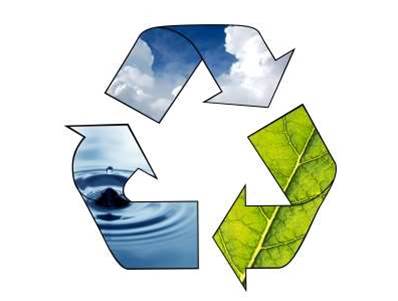
PSA boasts a long list of leading electronic companies as members, including Panasonic, Sony, Samsung, and Philips.
The group estimates that more than 2 million televisions in Australia will end up in landfills this year, which can be particularly dangerous due to the televisions’ levels of lead and mercury, which PSA group members think warrants a country-wide program within the next few years.
“We’re looking for coordination as much as anything else,” said Panasonic spokesman Mark Lenysyzn.
“Definitely assistance with all of the logistical elements, it’s a pretty big task, even at a local level, getting it organised with the local councils.”
The PSA has been negotiating with the Federal Environmental Protection and Heritage Council (EPHC), but the program is yet to attract the attention of the Ministers.
The EPHC says it supports the development of the initiative, but say it needs more information to make the right decisions.
“The industry is frustrated at the slow pace, but for the Government to contemplate regulation, the case must be made showing there is a clear community benefit from regulatory intervention,” said EPHC spokeswoman Heike Phillips.
“Claims about the environmental impacts of TVs need to be demonstrated, as well as the value to the community of a product stewardship scheme for TVs, and the industry has an important role to play in this work.”
There are a few similar small scale recycling programs throughout Australia, but PSA members say it won’t be enough to offset the rapidly rising amount of e-waste.
“It is unrealistic for the burden of this problem to be borne by individual local councils, manufacturers or recycling organisations,” said Steve Rust, managing director, Panasonic Australia.
“This is a significant logistical and educational challenge that needs the full attention of the Federal Government.”



_(20).jpg&h=140&w=231&c=1&s=0)
.png&h=140&w=231&c=1&s=0)
_(33).jpg&h=140&w=231&c=1&s=0)





 iTnews Benchmark Awards 2026
iTnews Benchmark Awards 2026
 iTnews Executive Retreat - Security Leaders Edition
iTnews Executive Retreat - Security Leaders Edition
 iTnews Cloud Covered Breakfast Summit
iTnews Cloud Covered Breakfast Summit
 The 2026 iAwards
The 2026 iAwards












_(1).jpg&h=140&w=231&c=1&s=0)



